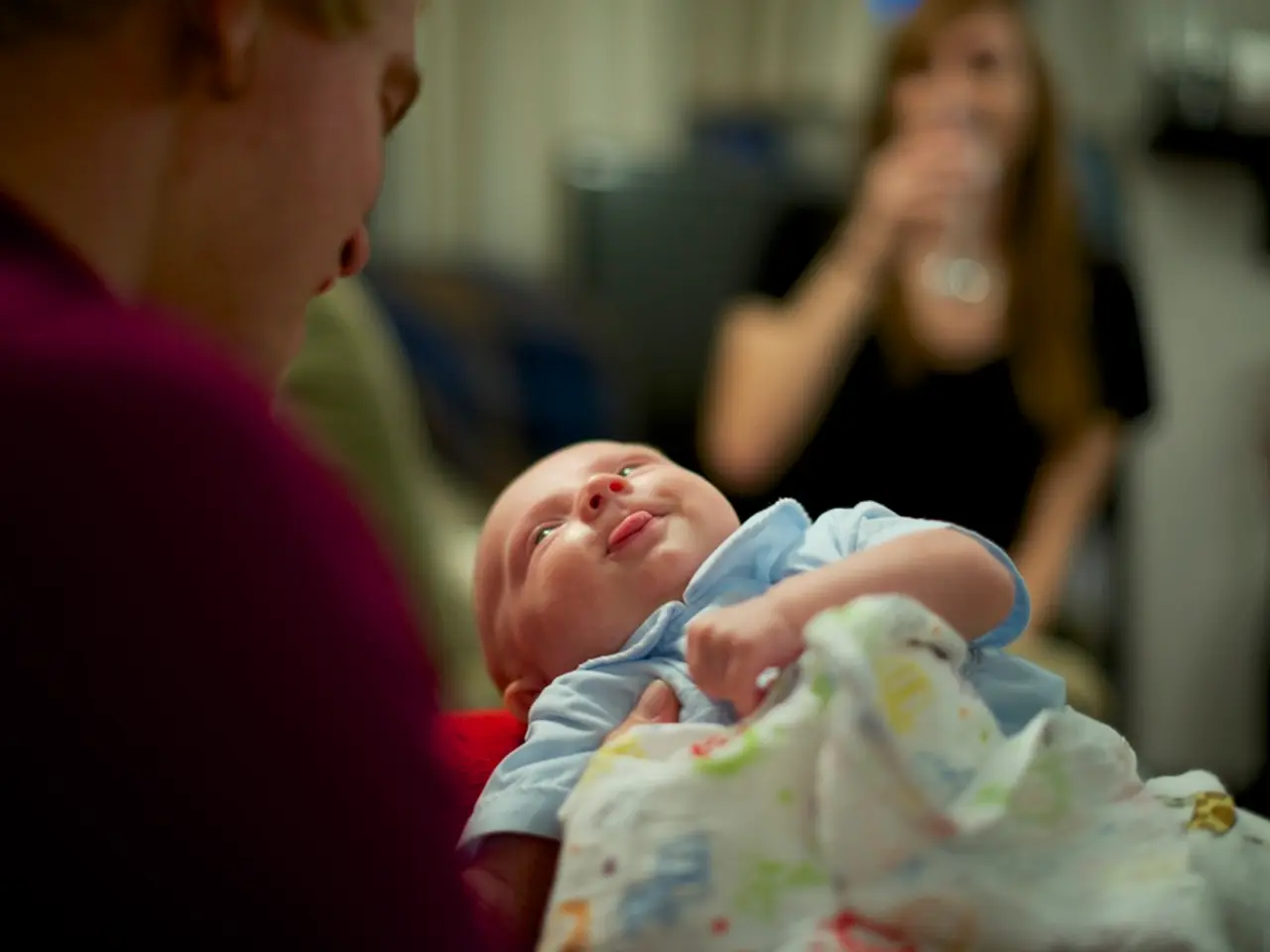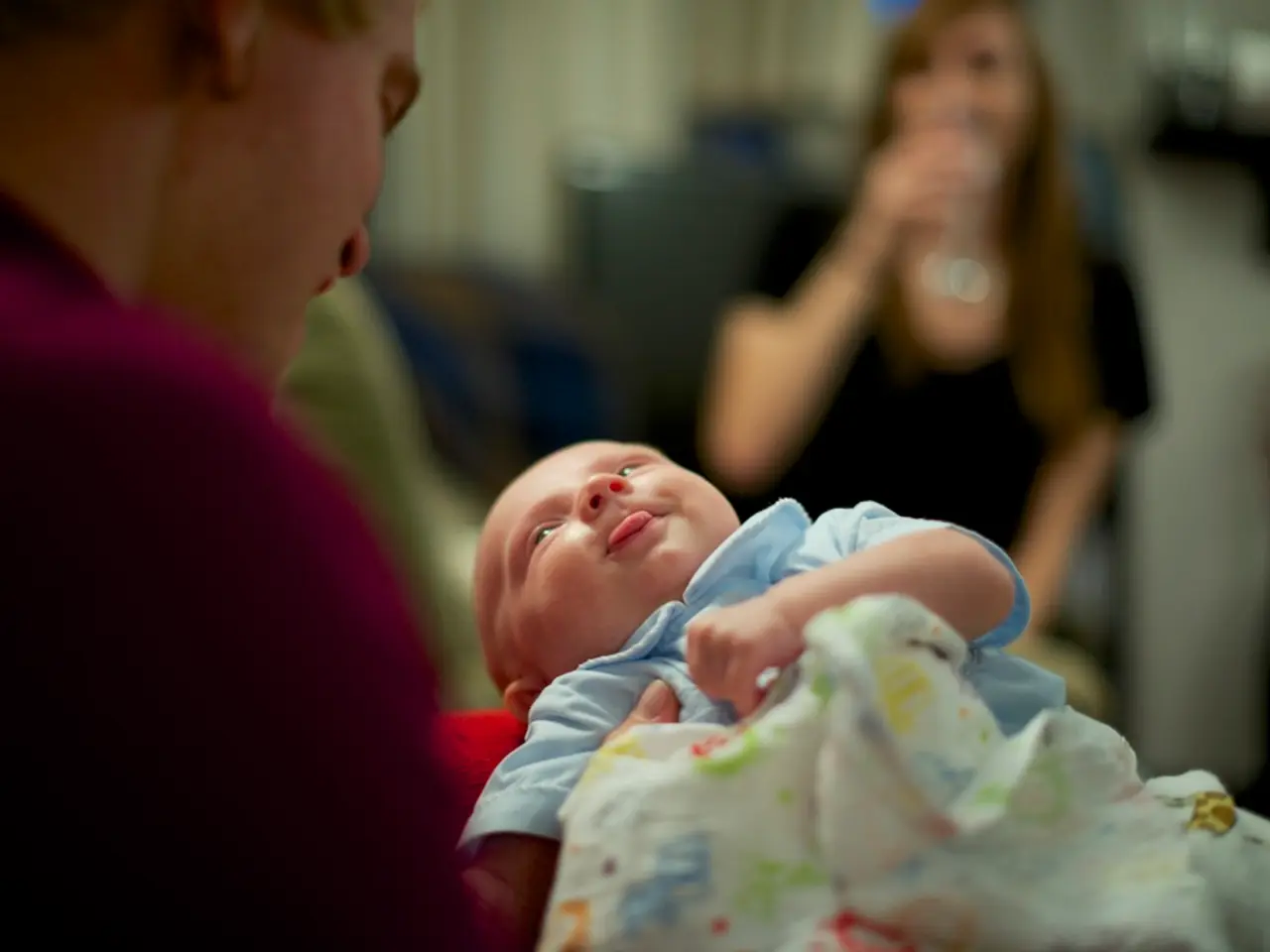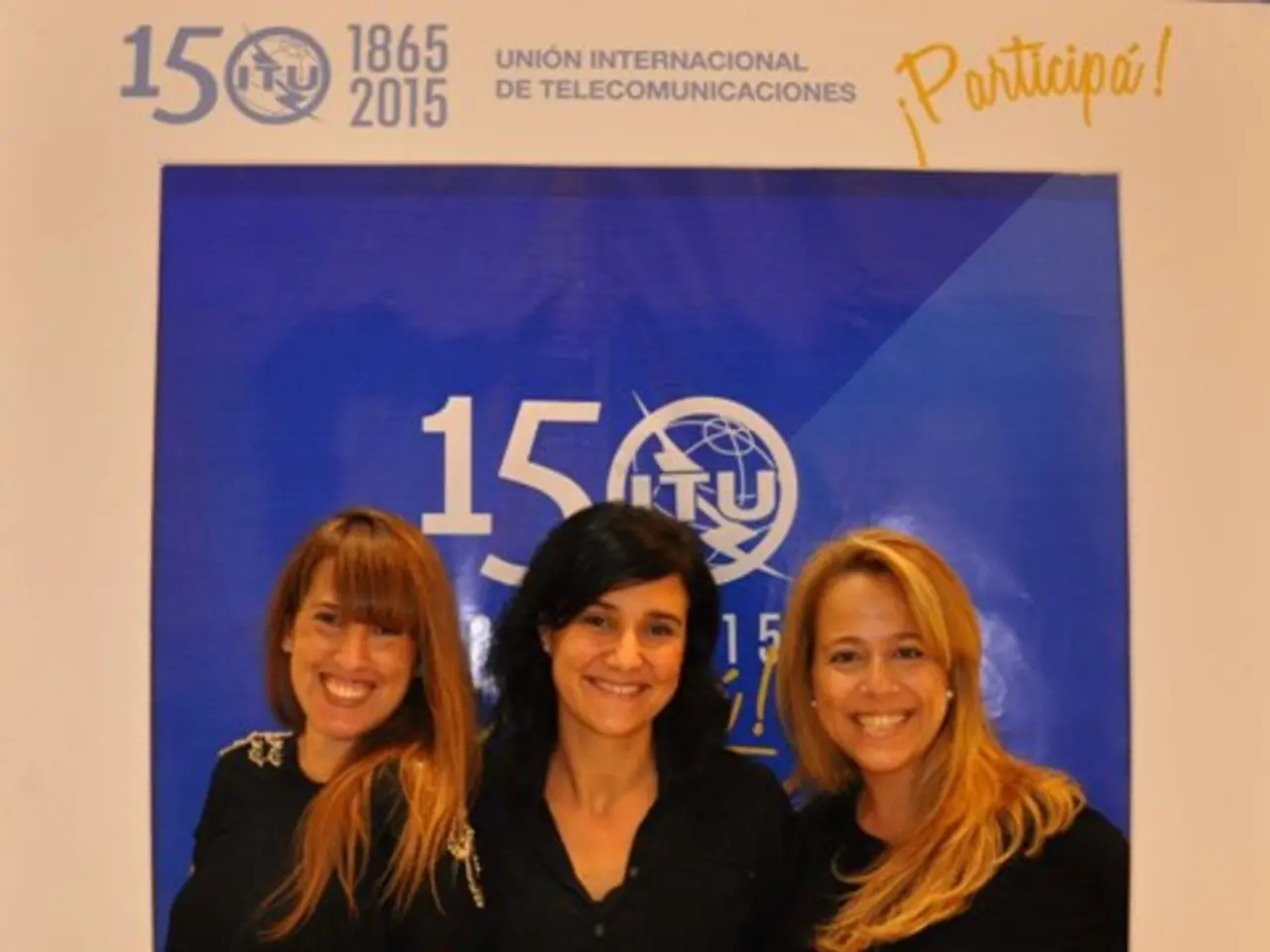Options for Reproduction and Family Planning for Individuals with Genetic Cancer Syndromes
Genetic cancer syndromes, hereditary conditions caused by mutations in genes, increase the risk of developing certain types of cancer. These syndromes can be a concern for individuals planning their families, but there are options available to help reduce the risk of passing on these predispositions.
One key option is in vitro fertilization (IVF) combined with preimplantation genetic testing (PGT), specifically PGT for monogenic defects (PGT-M). This process screens embryos for the specific cancer-related genetic mutation before implantation, allowing for the selection of embryos without the hereditary mutation. This can lower the chance of offspring inheriting the predisposition to cancer.
Genetic counseling before conception is strongly recommended to discuss risks and review reproductive options tailored to the specific genetic condition. Other fertility preservation methods, such as egg or ovarian tissue freezing before cancer treatment, are also available for individuals diagnosed with cancer at a young age.
In addition to these reproductive options, genetic counselling plays a crucial role in helping individuals understand their cancer risk and providing tailored support for reproductive and family planning options. Genetic counsellors educate and provide support throughout the genetic testing process.
There are two stages of genetic testing that may require the help of a genetic counsellor: pre-test and post-test counseling. Pre-test counseling helps individuals make informed decisions and prepare for the possible outcome of the test. Post-test counseling helps interpret the results of the test and discuss available options.
Prenatal testing for genetic cancer syndromes can be completed during pregnancy to check whether the unborn child has inherited any mutated genes. This testing can be done through methods like chorionic villus sampling and amniocentesis.
In some cases, it requires both parents having the mutated genes for genetic cancer syndromes to occur in their children (autosomal recessive inheritance). Most inherited cancers follow autosomal dominant inheritance, meaning a parent with a mutated gene presents an equal likelihood of passing it on to each of their children.
Genetic counselling and risk assessment are important for people with a history of inherited cancer. Increased awareness about the possibility of passing on an increased cancer risk and the possibility of consulting a healthcare specialist about this matter would enable affected persons to make informed decisions regarding the most appropriate reproductive and family planning options.
In summary, the main reproductive options available for individuals with genetic cancer syndromes include:
- IVF with preimplantation genetic testing to select embryos without the cancer-risk mutation.
- Fertility preservation techniques such as egg or ovarian tissue freezing before cancer treatment.
- Genetic counselling to inform decision-making and risk assessment.
These options help individuals manage hereditary cancer risks while preserving or planning for future fertility and healthy offspring.
[1] Preimplantation genetic testing for embryos predisposed to hereditary cancer: Possibilities and challenges. [2] Preimplantation genetic testing (PGT) and fertility preservation techniques. [3] Prenatal Testing for Variants in Genes Associated with Hereditary Cancer Risk. [4] Early genetic counselling for hereditary cancer risk reduction.
- Genetic cancer syndromes, often caused by mutations in genes, increase the risk of certain types of cancer, making genetic counseling before conception necessary for discussing risks and reviewing reproductive options.
- One option available for individuals planning their families is in vitro fertilization (IVF) combined with preimplantation genetic testing (PGT), specifically PGT for monogenic defects (PGT-M), which screens embryos for cancer-related genetic mutations before implantation.
- Genetic counselling plays a crucial role after this process in helping individuals understand their cancer risk and providing support for reproductive and family planning options.
- Prenatal testing for genetic cancer syndromes can also be completed during pregnancy to check whether the unborn child has inherited any mutated genes.
- Awareness about the possibility of passing on an increased cancer risk is important for people with a history of inherited cancer, allowing them to consider genetic counselling and risk assessment for informed decision-making.
- Increased awareness and access to therapies and treatments, such as CBD, targeted towards specific genetic conditions and chronic diseases, can improve the quality of life for cancer patients and individuals with hereditary conditions.
- Men's and women's health are equally affected by genetic cancer syndromes, with skin care and neurological disorders being common concerns for both genders.
- Medicare and other healthcare systems should consider expanding coverage for genetic counseling, fertility preservation methods, and mental health support to help individuals manage the emotional and physical challenges associated with genetic cancer syndromes.




